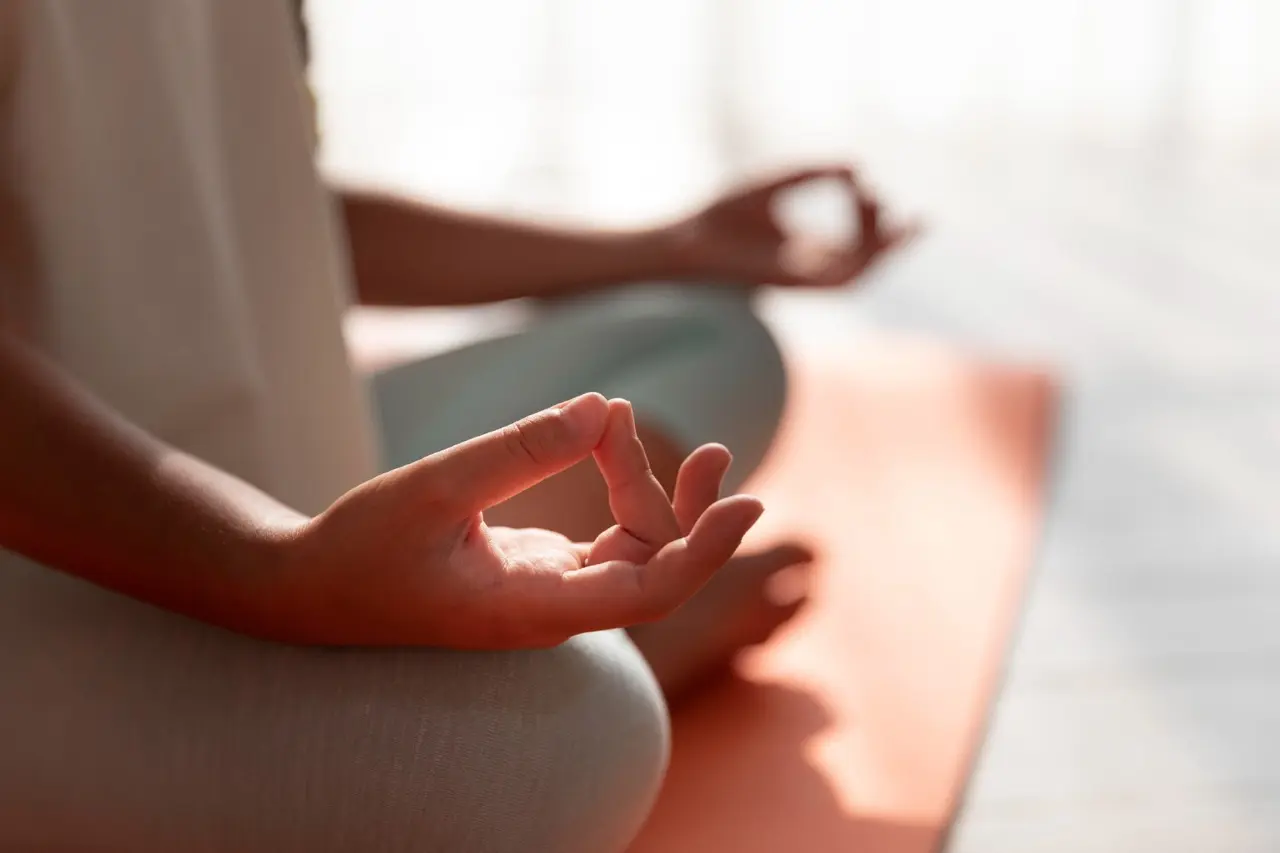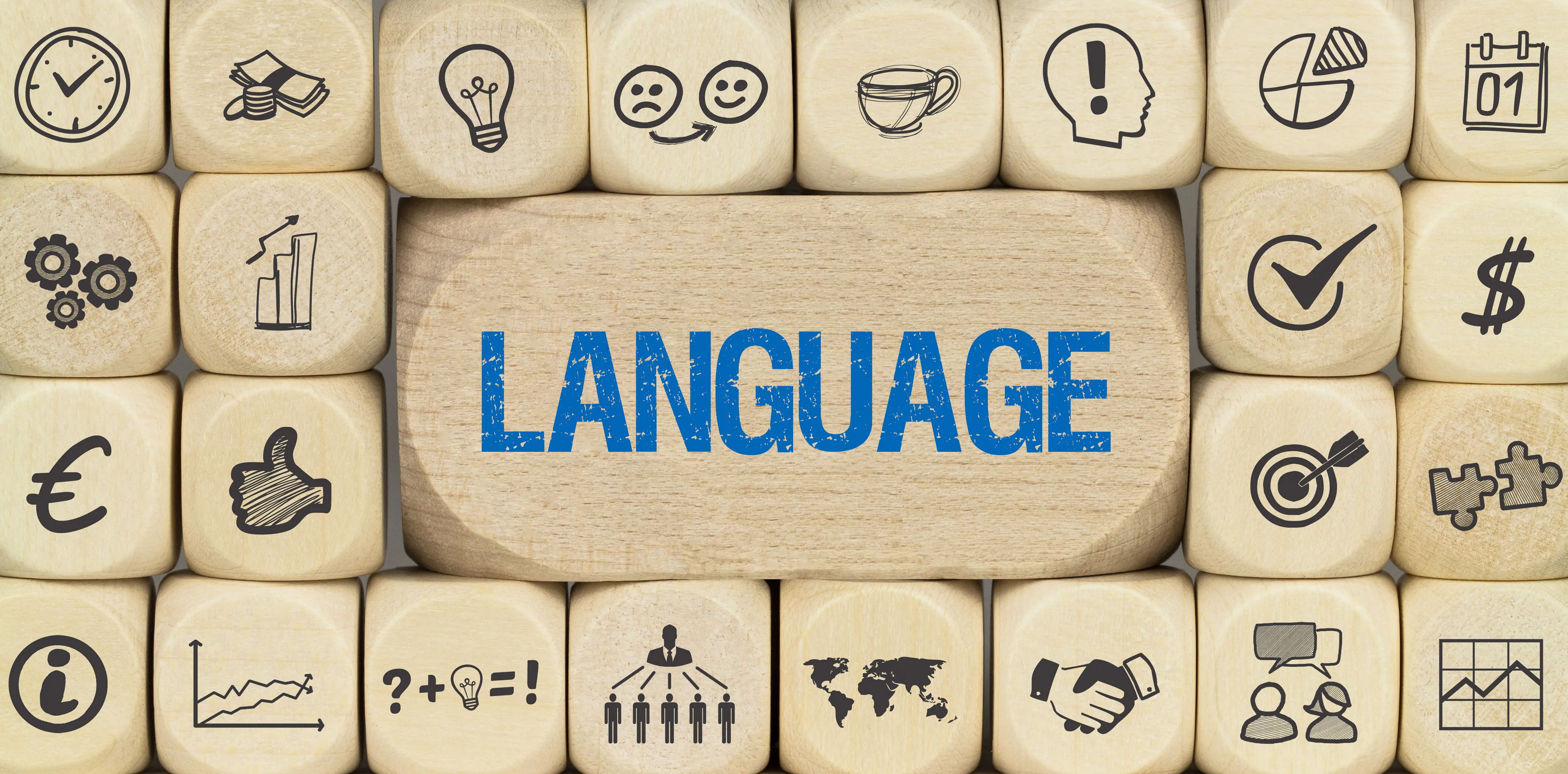Stress is a natural reaction of our body to challenges and stresses. While short-term stress can have positive effects, chronic stress becomes a serious threat to our health. The good news: With the right strategies, stress can be successfully managed and quality of life sustainably improved.
What is stress and how does it arise?
Stress is the physical and psychological reaction to external stimuli that are perceived as threatening or overwhelming. These so-called stressors can be varied: time pressure at work, family conflicts, financial worries or health problems.
Physiologically, stress activates our sympathetic nervous system and releases hormones such as cortisol and adrenaline. This "fight or flight response" was evolutionarily useful, but in our modern society, it often leads to chronic tension.
Symptoms of chronic stress
Chronic stress manifests itself on various levels:
Physical symptoms:
Psychological symptoms:
- Nervousness and inner restlessness
- Difficulty concentrating
- Irritability
- Depression
- Feeling overwhelmed
The 7 best strategies for effective stress management
1. Mindfulness and meditation
Mindfulness-based stress reduction (MBSR) is one of the most well-researched methods for stress management. Regular meditation has been shown to change brain structure and reduce activity in the amygdala, our "fear center."
Practical implementation:
- Begin with 5-10 minutes of daily meditation
- Use breathing exercises for acute stress situations
- Practice mindful walking or eating


















